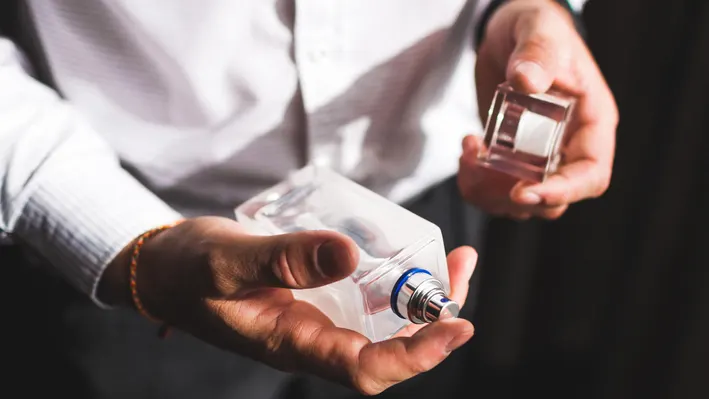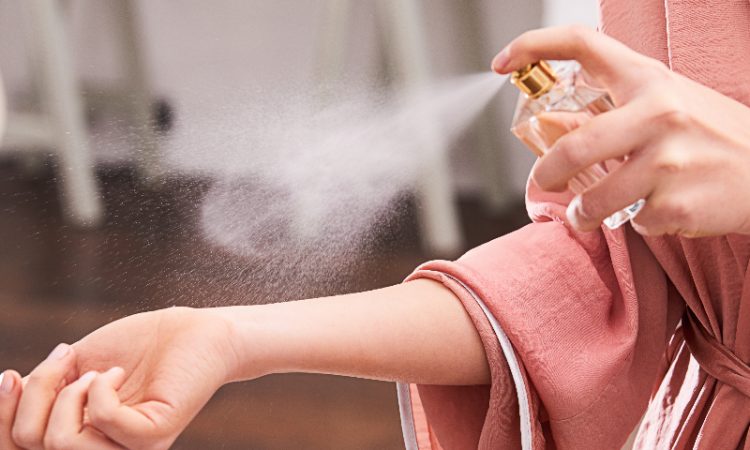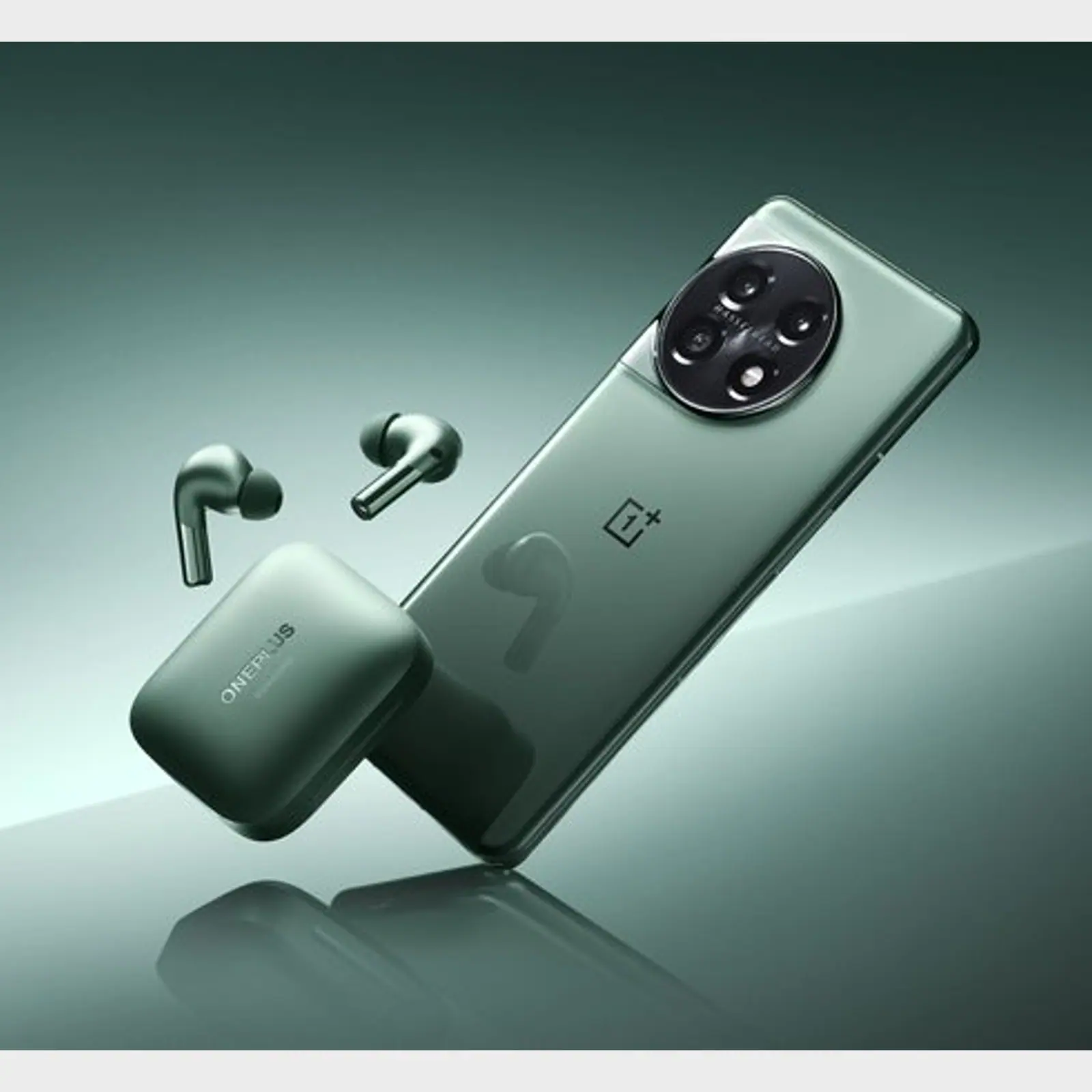The Ancient Origins of Perfume Creation
The art of perfume creation has ancient origins, tracing back to ancient Greece. However, contemporary perfumers are increasingly turning to factors beyond the sense of smell to create fragrances that captivate us. Instead, they are incorporating AI.
Unraveling the Science of Neuroscents
Currently, perfumes have the ability to evoke emotional responses through the use of components known as neuroscents. These are aromas identified by biometric assessments as capable of eliciting distinct positive emotions, such as tranquillity, euphoria, or drowsiness.
AI is being used in modern perfumery
Hugo Ferreira, a researcher at the Institute of Biophysics and Biomedical Engineering in Lisbon, is mapping brain activity and responses to fragrances to build a database of neuroscents. According to him, the sense of smell is unique. “While sight and hearing allow you to visualize a loved one’s face or a favorite melody, imagining a scent is challenging, despite its ability to evoke a flood of emotions and memories.”

Ferreira explains that the complexity of the olfactory system’s architecture contributes to this challenge. The olfactory bulb sends scent receptor signals to brain regions that control thirst, memory, and stress. “Among the senses, olfaction is the most diverse, with numerous receptor types. An estimated 400 distinct olfactory receptor gene families have been identified. These extensive connections may explain our ability to ‘smell fear’ or ‘victory.'”
Many cosmetic manufacturers have invested in neuroscent research and technology to create joyful smells. L’Oréal and the neurotechnology firm Emotiv have developed a “fragrance selection experience.”
In 2023, customers at select Yves Saint Laurent locations worldwide used a headset to generate an electroencephalogram (EEG) to determine their preferred fragrances.
So far, results show that 95% of customers using the headgear found their ideal fragrance. Fashion and fragrance company Puig claims they used 45 million brain scans of men aged 18 to 35 to perfect the cologne Phantom by Paco Rabanne, adding lavender and lemon to the formula based on this research. The latest iteration of the long-selling Very Irresistible line, Givenchy Irresistible eau de parfum, contains a rose extract labeled “anti-morose” chosen through biometric research.
While mass-market fragrances may have limitations in using this technology (as those sold on five continents must appeal to a wide range of consumers), niche perfumers are developing highly personalized formulations. The South Korean business Amorepacific’s “bathbot”-made personalised bath bomb employing real-time biodata is not available globally. However, EveryHuman, a Netherlands-based algorithmic perfumery, generates unique fragrances within minutes through a questionnaire and algorithms. Since moving into room scent this month, London’s Moooi furniture retailer has a Willy Wonka-like contraption.
EveryHuman co-founder Anahita Mekanik has 20 years of fragrance creation and marketing experience at top fragrance businesses. She states, “The ability that algorithmic perfumery grants individuals to interact directly with scent piques my interest.” The fact that each fragrance was developed and rejected thousands of times fascinated me as a fragrance maker.
Scientific perfumery may not appeal to everyone.
Katie Puckrik, a broadcaster and perfume writer, expresses a desire to “create her own fragrance with the same enthusiasm with which she cultivates her own wine.”
She advises, “Leave the magic to the artists.” “Why is a computer necessary to confirm what the human nose already knows?” Unknowingly discovering a new preferred fragrance is an exceptional instance of grace that we ought to bestow upon ourselves.
According to Ferreira, magic is inherent in the very essence of fragrance. “While the positive effects of fragrances in aromatherapy and cosmetics on our sense of self are common knowledge, the therapeutic benefits of odorant molecules may extend far beyond these applications.” “The study of how scent can be altered for therapeutic or other purposes could consume several lifetimes.”
The Differences Between Affiliate Marketing and Digital Marketing




